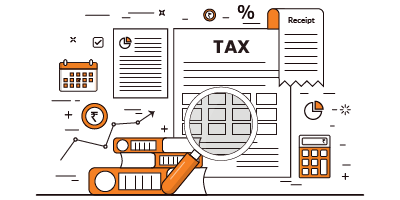 Expense Receipts
Expense Receipts

Expense Receipts, As a contractual service provider, maintaining accurate documentation is crucial to support your income and deductions. The specific documents you’ll need may vary based on your location, industry, and the nature of your work.
However, here are some common documents that are essential to support your income and deductions:
Income Documents:
Invoices:
Maintain copies of invoices you’ve sent to clients for services rendered. These should include details such as your company’s name, contact information, the client’s name and address, invoice number, date, description of services, quantity, rate, and total amount.
Payment Records:
Keep track of all payments received, including bank statements, PayPal records, or any other payment gateway used. These records should correspond to the invoices you’ve sent.
Contracts or Agreements:
Retain copies of signed contracts or agreements outlining the terms of your services. These documents can provide evidence of the agreed-upon scope of work and compensation.
Expense and Deduction Documents:
Receipts:
Collect receipts for business-related expenses, such as supplies, equipment, travel, meals, and other relevant expenditures. These receipts should indicate the date, vendor’s name, items purchased, and the amount.
Business Mileage Log:
If you use your vehicle for work-related purposes, maintain a mileage log that documents the date, starting and ending mileage, purpose of the trip, and destination. This is important for calculating deductions related to vehicle expenses.
Home Office Records:
If you have a home office, keep records of your home office expenses, such as rent/mortgage, utilities, and maintenance. You may be eligible for deductions related to your home office space.
Bank and Credit Card Statements:
Regularly review and retain statements for your business bank accounts and credit cards. These documents can help substantiate various expenses and track financial transactions.
Travel Records:
If your work involves travel, keep records of travel-related expenses such as transportation, lodging, meals, and any other relevant costs.
Healthcare Premiums and Contributions:
If you’re self-employed and pay for your own health insurance, maintain documentation of your premium payments. You might be able to deduct a portion of these costs.
Retirement Plan Contributions:
If you contribute to a retirement plan like an Individual Retirement Account (IRA) or a Simplified Employee Pension (SEP) IRA, keep records of these contributions for potential deductions.
Remember that proper record-keeping is essential for accurately reporting your income and claiming legitimate deductions. It’s recommended to consult with a tax professional or accountant to ensure you’re managing your finances and documentation correctly in accordance with the tax laws and regulations relevant to your situation.
FAQs:
To visit: https://www.mca.gov.in/
Expense Receipts

For further details access our website: https://vibrantfinserv.com